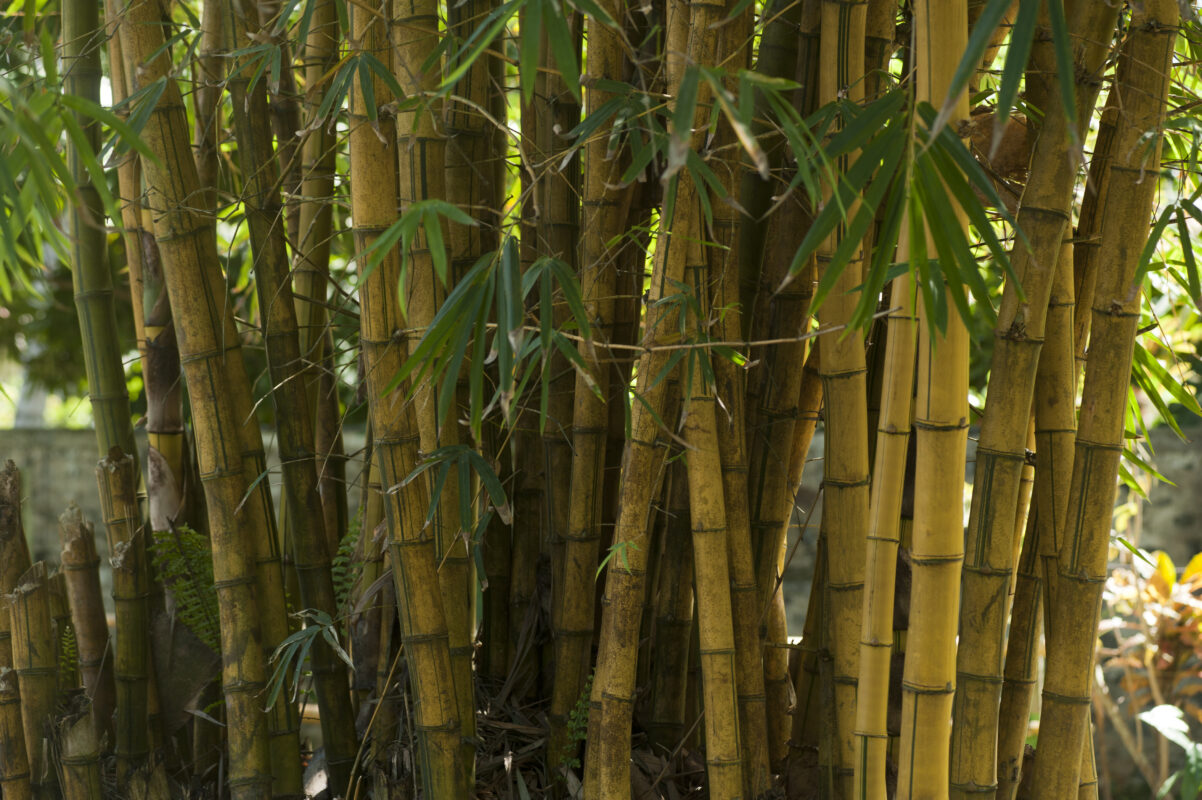Environmental Benefits of Bamboo Flooring


Jason Lehr is a seasoned freelance copywriter and research specialist with a passion for crafting compelling content. With over a decade of experience, he has written for a diverse range of clients, including startups, small businesses, and Fortune 500 companies. His expertise spans multiple industries, including Technology, Home & Garden, Home Improvement, and healthcare. Jason's ability to conduct thorough research and distill complex information into clear, concise copy is unmatched. He prides himself on his attention to detail, exceptional communication skills, and commitment to delivering top-notch work. When he's not writing, Jason enjoys traveling and exploring new cultures.





Bamboo Flooring Is Environmentally Friendly
In honor of Earth Day, we thought it would be beneficial to revisit the eco-friendliness of bamboo flooring, and how production has improved drastically since its widespread introduction into the flooring market.
How Bamboo Flooring Can Save The Planet
While the way in which bamboo is harvested has always been an environmentally friendly procedure, the way in which it is processed into planks and how it is transported wasn’t always as eco-friendly as it is today. In the past, many manufacturers used formaldehyde in the bonding process of the strands to get them tight enough to form a flooring plank, and this could cause a relatively high amount of volatile organic compounds (VOCs) to be released once the flooring was installed. Fortunately, an increasing number of bamboo manufacturers today use nontoxic, environmentally friendly chemicals in the bonding process in order to yield ultra-low VOC emissions. While these types of bamboo floors may be sold at a higher cost initially, you will thank yourself later when you aren’t stuck with an overpowering smell emanating from cheaply made, formaldehyde-soaked bamboo floors.
Bamboo Floorings Are Highly Durable!
Putting the bamboo strands under intense heat and pressure is another way of bonding the materials into planks without the use of potentially harmful adhesives, and this can be a beneficial option if you don’t need a floor that is as durable as some chemically bonded floors. Several manufactures use this option in production over the less environmentally friendly method of using adhesives.
Shipping Bamboo Flooring May Be A Challenge
Perhaps one of the main arguments against bamboo flooring is that the energy it takes to ship it to the United States far surpasses the environmental benefits of harvest and manufacture. While this claim is easy to use in order to dissuade potential flooring buyers from bamboo, there is no hard evidence to support this claim one way or another. If someone is trying to sell you hardwood, of course they are going to say this. If they are trying to sell you bamboo, they will tell you that hardwood takes much longer to harvest and requires replanting techniques that never really catch up to the amount of timber they harvest. Of course bamboo has to be shipped on cargo vessels that most likely use petroleum products to power their engines, but the overall net environmental impact is in many cases lower than other flooring products such as hardwood or natural stones. It really just depends on which manufacturer you go with, as much of the standards relating to bamboo flooring manufacture are unregulated.